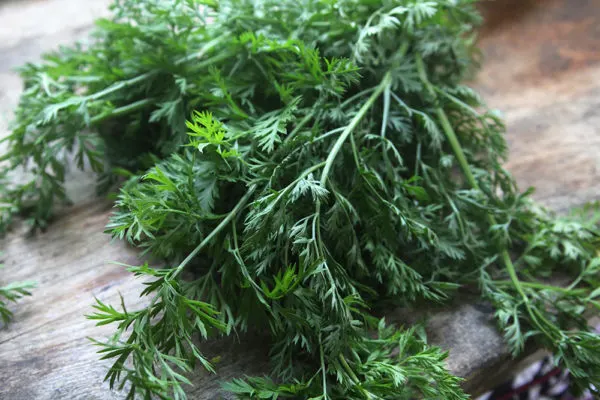Don’t just say you care about the environment — act like it too. Here’s how to live a little greener this summer.

After my son was born, I took a close look at the cleaners we used in our house and traded the ones of my childhood for more natural alternatives.
When I was pregnant with my daughter 14 years ago, I became obsessed with the path food took to our plates. I sought out local purveyors, changed how I shopped and looked for ways to make the journey to our plate as short as possible.
A couple of years later, with newly built raised garden beds, I dared to dream of a time when I could grow most of what we ate.
With each step of their development and growth, I got more interested in how our small choices — from the things we do and don’t consume to how we get from point a to b — impact the environment. After all, I want my kids to inherit a healthy planet — or at least healthier than it might be otherwise.
My children are teenagers now. Over the years, I have found that some things were easy to maintain (we still grow food, for instance, and shop as local as we can as often as we can) and others didn’t make the cut (I reverted to some less natural cleaners eventually).
But we’re still trying — every day, every year — to consume less, reuse more and leave less of a mark on our planet. And you can too! Here’s how to live a little greener this summer.
Grow Some Food
You don’t need a huge piece of land and big equipment to grow your own food. In fact, you can do so with just a sliver of space and some pots. That’s called container gardening and it involves planting food-bearing plants like tomatoes, herbs, peppers and greens in pots. This is easy enough to do on a porch if that’s all the space you have. If you have more space, or access to a community garden where you can rent a plot, then that’s worth trying. Or, if you have land of your own, plant a few raised bed gardens.
Skip the Baggies
It can be challenging at first, especially if you are used to packing sandwiches and snacks in plastic baggies, but ending your reliance on disposable bags is a good thing. We’ve been plastic bag-free for a few years now, and have replaced ours with better glass storage containers and reusable sandwich bags. We also reuse glass jars whenever possible.
Use Everything

Carrot tops are edible. So are radish greens and other vegetable tops. So instead of tossing these less familiar leafy greens, why not try them? Make a sauce like pesto or carrot top chimichurri. Chop them and dress with your favorite vinaigrette. Stir fry them. There are so many ways to use vegetable tops. But if you seriously aren’t a fan, at least compost them so that the edible tops become nutrient-rich soil later.
Drive Less
For most of us, the default way to get from point A to point B is via car. But it doesn’t have to be that way. When you are within a reasonable distance — that’s a bit of a personal distinction, but let’s say one mile — of your destination, why not skip the car? Walk or ride a bike instead, and you’ll be both being a healthier human and saving some emissions along the way. Not bad.
Remember Your Bags
The pandemic forced some of us to stop using reusable bags at the grocery store two years ago. But, fortunately, that time is over. We can start using reusable bags again. So pack them into the car and remember them when you’re entering. But don’t stop at the grocery store. Take the lede of states like Connecticut and Maine and use those reusables elsewhere too — from closing stores to craft stores. You’ll waste less by turning down the one time use bags and have less refuse at home as a result.
Reuse Whatever You Can
Clean pasta sauce jars are great for salad in a jar. They also can be used (where permitted) to fill up with grains at bulk bins, to hold random detritus like hair ties, rubber bands or push pins and to store leftovers. Instead of tossing them, try reusing them. You can even freeze soup in them.
Opt for Less Packaging
Find yourself a place where you can buy from bulk bins. From rice to quinoa, dried fruit to nuts, buying in bulk (and bringing your reusable containers to do so!) means less waste. And less waste is always a good thing.
Alright, your turn! Tell me your tips for how to live a little greener this summer!
